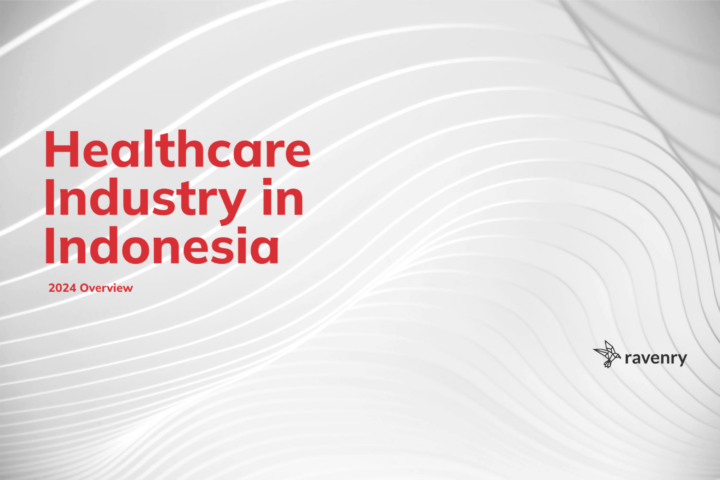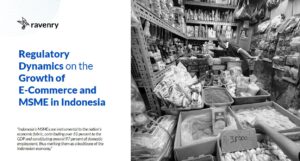By Lulu Helina Mulya
With the rise of digital commerce, online food delivery, and everything in between, we witnessed the democratisation of the market which, in a glance, simplified human livelihood. However, the open market phenomenon we are currently facing can also act as a double-edged sword. As there are seemingly endless choices and possibilities just at the end of our fingertips, we may have higher purchasing motivation, or on the contrary, an option fatigue and choice overload.
Larger corporations like Google, Amazon, Netflix, and the likes are acknowledging this social phenomenon of consumers being faced with too many options, hence leading to adverse consequences of lower purchasing drive. Currently, the main offered solution is to apply a personalised recommendation using machine learning as a subset of artificial intelligence (AI). The capability of personalising content on the consumer’s experience side allows companies to better assess their consumer’s needs, showing them only the relevant contents that they are more likely to engage with.
In principle, personalised recommendation systems are built upon 2 (two) base filtering: content-based and collaborative. In some cases, companies might also combine the function between the two filterings (hybrid filtering). Content-based filtering focuses on identifying similarities in products, searched keywords, and others, while collaborative filtering focuses on the behaviour of other similar users to make predictions. However, beyond consumer-facing content, personalised algorithms also play a big part in how companies develop their strategy based on the data results and consumer’s response to personalisation.
Meituan, a major Chinese web-based shopping platform, thrives and dominates China’s market with over 70% market share in China (per 2022) compared to competitors offering similar services. Back in 2015, Meituan experienced a distribution war with its main competitor, Alibaba’s Ele.me, as both companies were competing to conquer the online food delivery market. During this stage, Meituan focused heavily on their management and technical capabilities, and to optimize their consumer experience by leveraging their database by building a personalised recommendation.
Meituan improves their personalised recommendation by utilizing several data points, including user category preferences, geographical location, query dimensions and length, and context dimension. An interesting feature that Meituan has developed by leveraging these data points is Meituan’s Smart Avatar, in which Meituan gives their merchants the option to let Meituan’s algorithm choose what picture is shown in the consumer-facing end, personalised mainly based on their preferences.
Meituan’s large user database has also helped them in building strategic direction beyond the consumer-facing end, such as developing new products to monetize and helping them to have better bargaining power towards merchants. One of Meituan’s monetised products derived from embedding personalised algorithms and its private traffic is its advertisement product, which they have successfully developed as current Meituan’s largest revenue streams after merchant’s commission fee within online food delivery.
By optimizing the utilization of these data points, Meituan is able to drive consumer’s purchasing confidence and improve their cognitive effort. As of December 2022, Meituan is dominating the market with approximately 69 million monthly active users as consumers are becoming more reliant on Meituan as a 360-lifestyle platform.
However, the implementation of personalised algorithms also comes with its own precautions, as personalised algorithms may also cause users to be trapped in filter bubbles that refer to the biases towards more trending items or contents. These biases can also cause a domino effect of hyper-concentration of products or contents, which is not a desirable condition for industries in the long-tail segment which relies heavily on a more niche market and doesn’t necessarily follow the predominant consumer’s pattern. Therefore, it is crucial for companies to measure the response to the personalised algorithm and adjust their strategy accordingly.
With the current level of digitalisation and market democratisation, it is very likely that personalised algorithms will continue to thrive and become more advanced. Personalised algorithm also allows companies to engage consumers up until the loyalty stage, allowing their business to be more sustainable and promote better growth. Nonetheless, before investing in personalised algorithms, companies need to conduct a thorough planning stage, from determining which use cases to focus on and objectives to be achieved.
Ravenry is a research consultant that works on giving you relevant insights so you can focus on making well-informed business decisions. Book a call and get your research done today.



